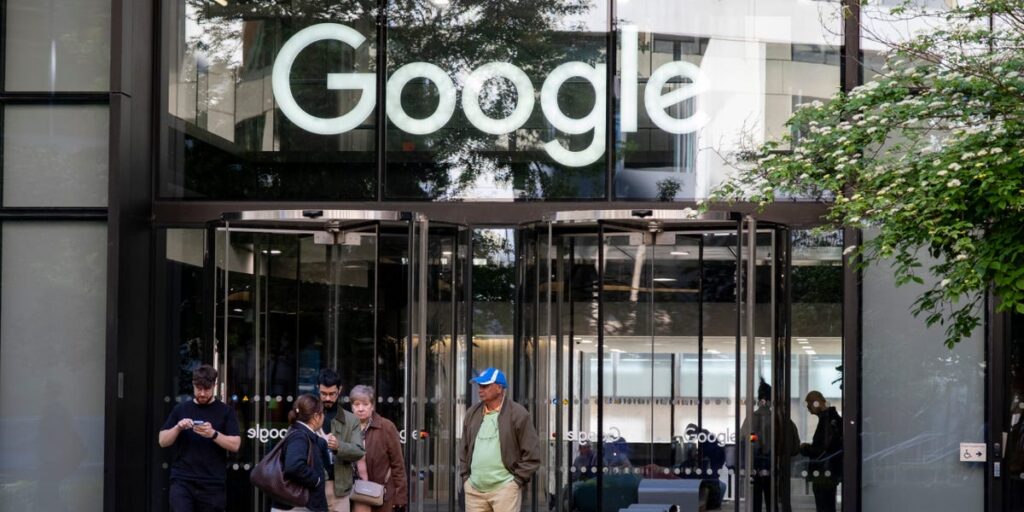If you know you want to work in tech, majoring in philosophy or art history might not be the most straightforward route to take — but it could still get you there.
Just ask, Mira Lane, founder of Google’s Envisioning Studio, an AI innovation prototyping lab that explores the impact of tech innovation on society. Her team includes a range of documentary filmmakers, philosophers, researchers, and product design, many of whom started their careers in completely different disciplines.
Lane, Google’s vice president of Tech and Society, said if you want to transition into tech from a different sector, you should first “be really confident and great in the space you’re in.” If you’re a philosopher, for example, that means having a strong foundation of the theory or domain that you study, she said.
You’ll likely need more than a liberal arts background though. Lane said those coming from a non-traditional background still need to have exposure to technology.
“You also have to have an opinion or a point of view on tech, and that means that you have to use it in some way so that you understand the nuance,” Lane said.
As a visual artist herself, Lane said that if you don’t use technology, “it’s really easy to be afraid” of it. Once you have experimented with technology, Lane said you can actually form an opinion on what it is and isn’t great at. That, she said, is what makes non-traditional people “really valuable” to tech companies.
“Not only are they bringing this other discipline, style of thinking, but now they’ve played with the technology. They have a point of view on it, and that becomes really interesting for us,” Lane said.
Others at Google have taken a similar path. Steven Johnson, now the editorial director of NotebookLM, began his career as an author. His interest in AI and technology eventually led him to write books on the topic and start a company before joining Google to help build its AI-powered note-taking tool.
Another leader at Google started with a background in journalism and filmmaking. He later transitioned into tech by earning technical certifications. Today, he applies his creative and technical expertise to lead AI sales in Google’s media, entertainment, and gaming sectors.
With a seemingly endless number of AI tools available — and many of them free — Lane said now is the perfect time to experiment with new technology. Anyone can create apps and build tools in a way that was previously difficult, she said.
“The barrier to entry, and the friction is so low at this time that it’s actually really easy just to get into the tech world,” the VP said.
Lane said that the people who thrive in these settings are those that deal well with ambiguity and change. She said that may mean picking up new technologies or going back and forth with a chatbot to learn new topics.
People with a growth mindset “do really, really well in a domain that’s always growing and learning and evolving,” Lane said.
As a tech giant with the resources to run experimental projects, Google likely has a larger number of non-traditional roles than typical at tech companies, Lane said. But she believes there should be more of these positions in general.
“There’s definitely a chance for this type of people, with these types of backgrounds, to be in the tech world,” Lane said.
Read the full article here
















